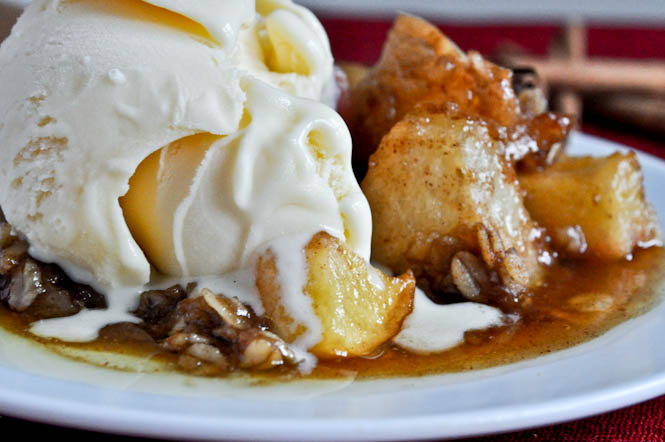Tomatoes:
OK, a tomato is technically a fruit, but taste-wise, it’s closer to a vegetable. The fridge is not the ideal place to store tomatoes. Store them there and your perfect tomatoes turn into a mealy disappointment. They’ll still be good for cooking, but not the best for eating fresh. Instead store them on your counter (not in direct sunlight) and enjoy them when they’re ripe.
Basil:
Tomatoes and basil go well together on your plate and it turns out they have similar needs in the storage department too. Basil will do best if it’s stored on your counter and treated as you would fresh cut-flowers. A fresh bunch of basil can be stored for a week or two in a cup of water (change it every day or two) away from direct sunlight. Covering it loosely with a plastic bag will help keep it moist (but make sure the bag has an opening to allow for some fresh air to seep in).
Potatoes:
Potatoes like cool, not cold temperatures. They do best at around 45 degrees F, which is about 10 degrees warmer than the average refrigerator. Most of us don’t have a root cellar (a cool, dark place to store root vegetables like potatoes), so keeping them in a paper bag in a coolish spot (like a pantry) is best. Why paper? It’s more breathable then plastic so potatoes won’t succumb to rot as easily.
Onions:
Onions don’t come out of the ground with that protective papery skin. To develop and keep that dry outer layer, they need to be "cured" and kept in a dry environment like a pantry, which is not as damp as the refrigerator. Also, lack of air circulation will cause onions to spoil, as will storing them near potatoes, which give off moisture and gas that can cause onions to spoil quickly.
Avocados:

Avocados don’t start to ripen until after they’re picked from the tree. If you’re buying a rock-hard avocado, don’t store it in your refrigerator, as it slows the ripening process. On the other hand, if you have a perfectly ripe avocado that you’re not ready to use, storing it in the refrigerator may work to your advantage by prolonging your window of opportunity to use it before it becomes overripe.
( Courtesy of Kitchen Daily: Eating Well article by: Hilary Meyer)
If you enjoyed this post, please consider making a comment






















 Nancy Hinchliff
Nancy Hinchliff





